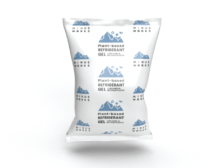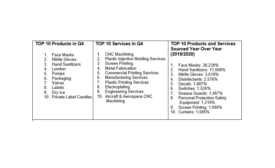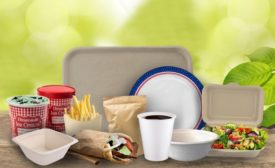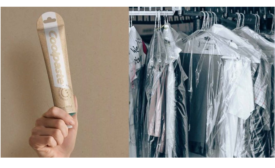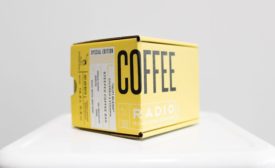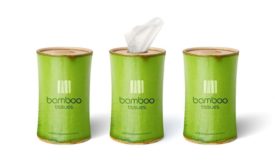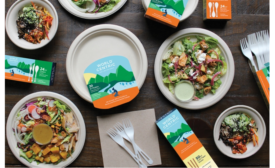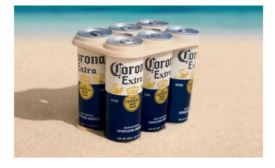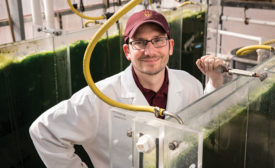Home » biodegradable packaging
Articles Tagged with ''biodegradable packaging''
Materials Technology: Sustainable Materials
Scaling Up Manufacture of Bioplastics
February 13, 2018
Keep the info flowing with our eNewsletters!
Get the latest industry updates tailored your way.
JOIN TODAY!Copyright ©2025. All Rights Reserved BNP Media.
Design, CMS, Hosting & Web Development :: ePublishing

